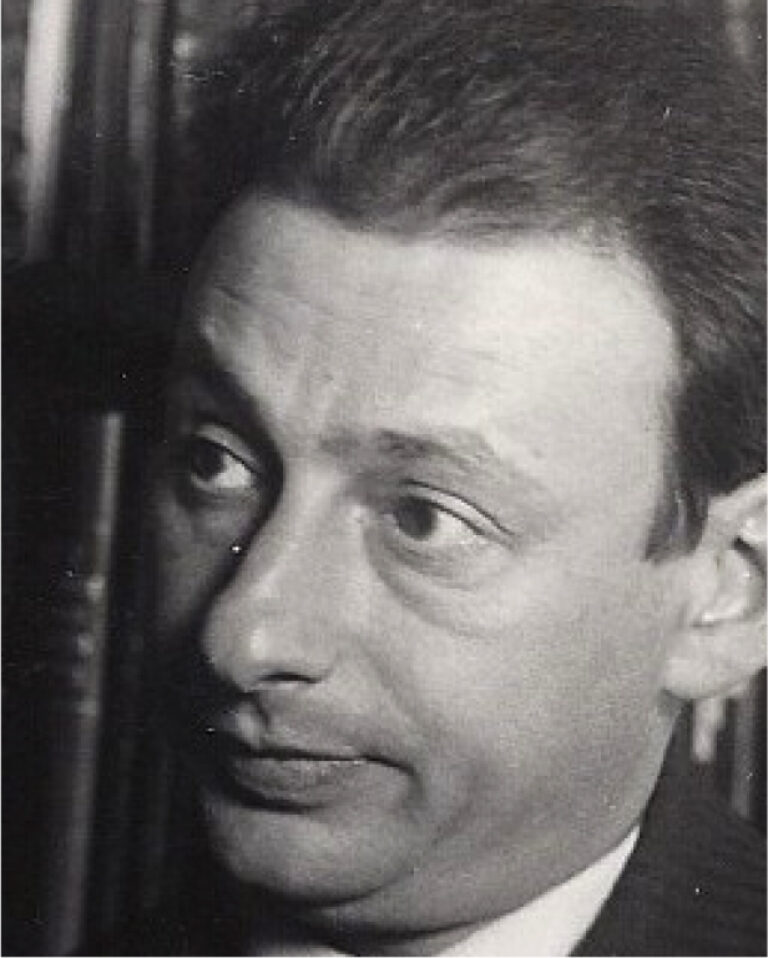Born in Berlin as Gerhard Scholem, he turned his attention to the study of Judaism and the Hebrew language at an early age, marking a break from his secular and assimilated family background. Scholem began his academic career at the University of Jena, where he studied mathematics and philosophy. However, he soon moved to the University of Munich to focus more on Judaic studies and “Oriental” languages. From 1917, Scholem studied at the University of Berlin, where he was a student of the renowned Jewish philosopher Martin Buber, among others.
In 1923, Scholem emigrated to Palestine, then under the British mandate, and became involved in the Zionist movement. In Jerusalem, he continued his research and joined the Hebrew University in 1925. There, he dedicated himself to the study of Kabbalah, a mystical tradition of Judaism that had largely been ignored in the academic world until then.
Scholem’s work revolutionised the understanding of Jewish mysticism. He argued that Kabbalah was an integral part of Jewish history and culture, not a marginal or heretical movement as previously thought. His research unveiled the complexity and depth of Kabbalistic texts and traditions. Gershom Scholem’s impact on Jewish Studies and the exploration of Kabbalah is undisputed. His works have significantly shaped the modern understanding of Judaism and its mystical traditions, remaining a crucial part of Jewish Studies.
Commitment to preserving Jewish cultural treasures
Gershom Scholem also played a key role in rescuing Jewish cultural treasures that had been looted by the Nazis during the Second World War. As an influential member of the Committee for the Rescue of the Treasures of the Diaspora (Otzroth haGolah), founded in March 1944 at Hebrew University, he worked closely with figures such as Martin Buber, Ben-Zion Dinur, Gotthold Weil and Moshe David Cassuto. The committee responded to historian Cecil Roth’s call in April 1943, emphasizing the importance of pidyon shvuyim (redemption of captives), referring to the transfer of Jewish cultural property stolen by the Nazis to Hebrew University.
Additionally, Scholem was associated with the Commission for the Reconstruction of European-Jewish Culture (CEJCR), established in 1944 in New York and known from April 1947 as Jewish Cultural Reconstruction (JCR). Led by Salo Baron, one of the most important Jewish historians of his time, and with Hannah Arendt as executive secretary, the organisation aimed to collect Jewish cultural property stolen by the Nazis in the American occupation zone and claim it for the Jewish community, to be distributed worldwide among different Jewish centres. According to plan, Jewish Cultural Reconstruction eventually distributed over half a million books to Jewish institutions and communities; forty percent of these books were brought to Israel through Treasures of the Diaspora. Scholem and the other committee members were also active in countries of what became the Eastern Bloc, including Czechoslovakia and Poland, bringing many thousands of books from there to Jerusalem.
